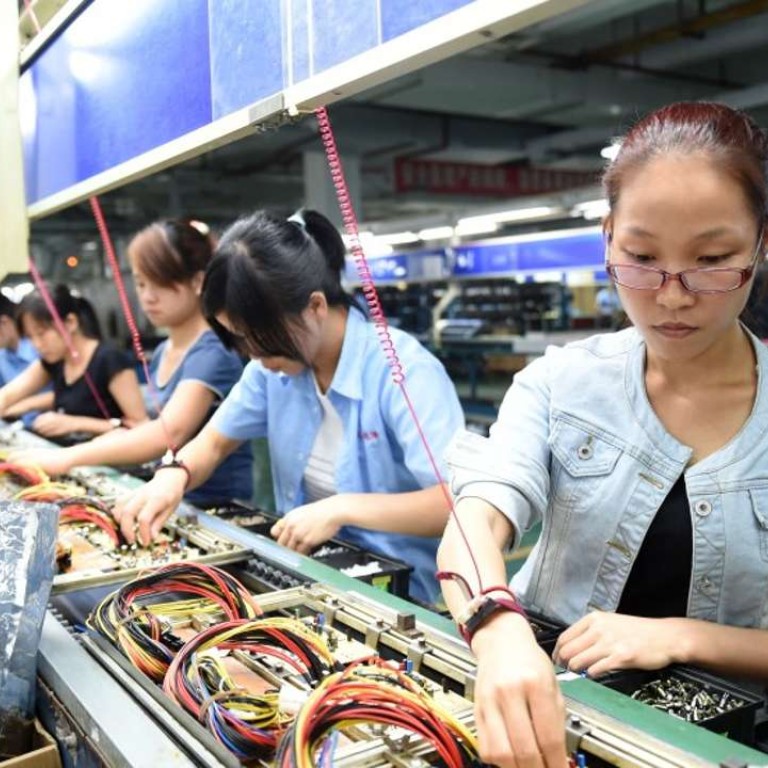
China’s slowdown saps CEOs’ confidence as only 1 in 4 feels upbeat about their business outlook this year
Only 25 per cent of mainland company bosses questioned in PwC survey are very upbeat about their firms reporting an increase in revenue in 2016
Fewer chief executives of Chinese companies are upbeat about the outlook of their businesses in 2016 because of worries about weaker global demand and slower domestic economic growth, a new survey shows.
The survey of more than 140 company bosses on the mainland, carried out by professional services company PwC, found that only 25 per cent of respondents were very confident that their firms would report an increase in revenue in 2016.
For China’s struggling economy, 2016 may be worse than 2015

Despite experiencing an economic slowdown and noted volatility in domestic and foreign financial markets, executives in China are devising strategies to drive future growth
The drop in confidence of chief executives is the latest sign that mainland businesses are preparing for a tough time this year.
Fears are growing about more job cuts and bankruptcies at companies in the world’s most populous nation as they fall victim to a sluggish global market and a lacklustre domestic economy.
However, companies in China were making efforts to maintain their competitiveness in the challenging environment, Elton Huang, a senior partner at PwC said.
“Despite experiencing an economic slowdown and noted volatility in domestic and foreign financial markets, executives in China are devising strategies to drive future growth,” Huang said.
He added that the weak global commodity prices had exacerbated the bearish sentiment about the business outlook.
‘Skyrocketing’ debt at state firms among biggest challenges facing China’s economy
“For those industries suffering overcapacity, a cheaper raw material price doesn’t necessarily benefit them in terms of cost controls,” Huang said.
“The cheaper the costs of raw materials, the lower the prices of your final products since buyers have more bargaining power.”
China’s pro-market reforms must not be on paper only
This would lead to a narrowing of gross profit margins for those manufacturers striving to reduce their excessive stockpiles.
China’s economy expanded 6.9 per cent in 2015 – the slowest pace over the past 25 years.

